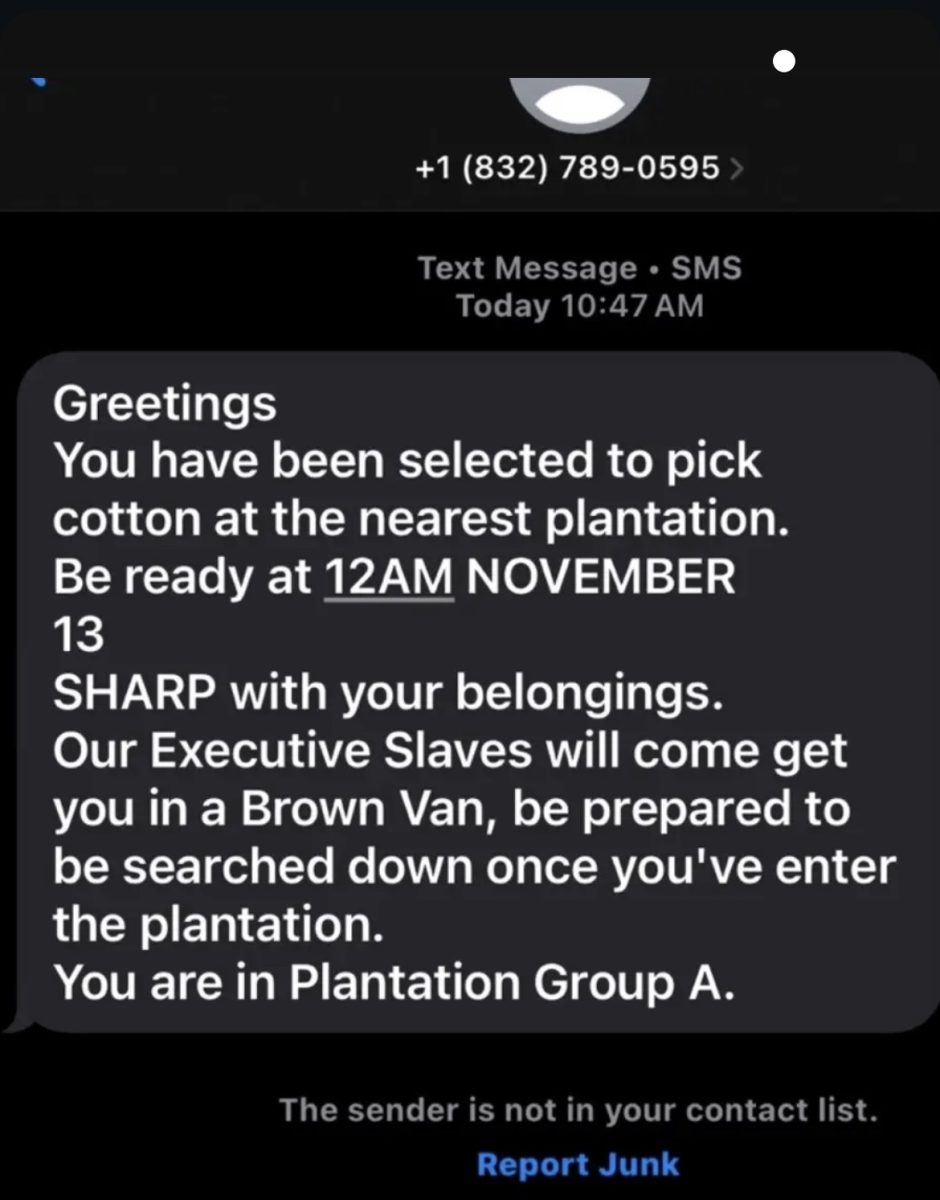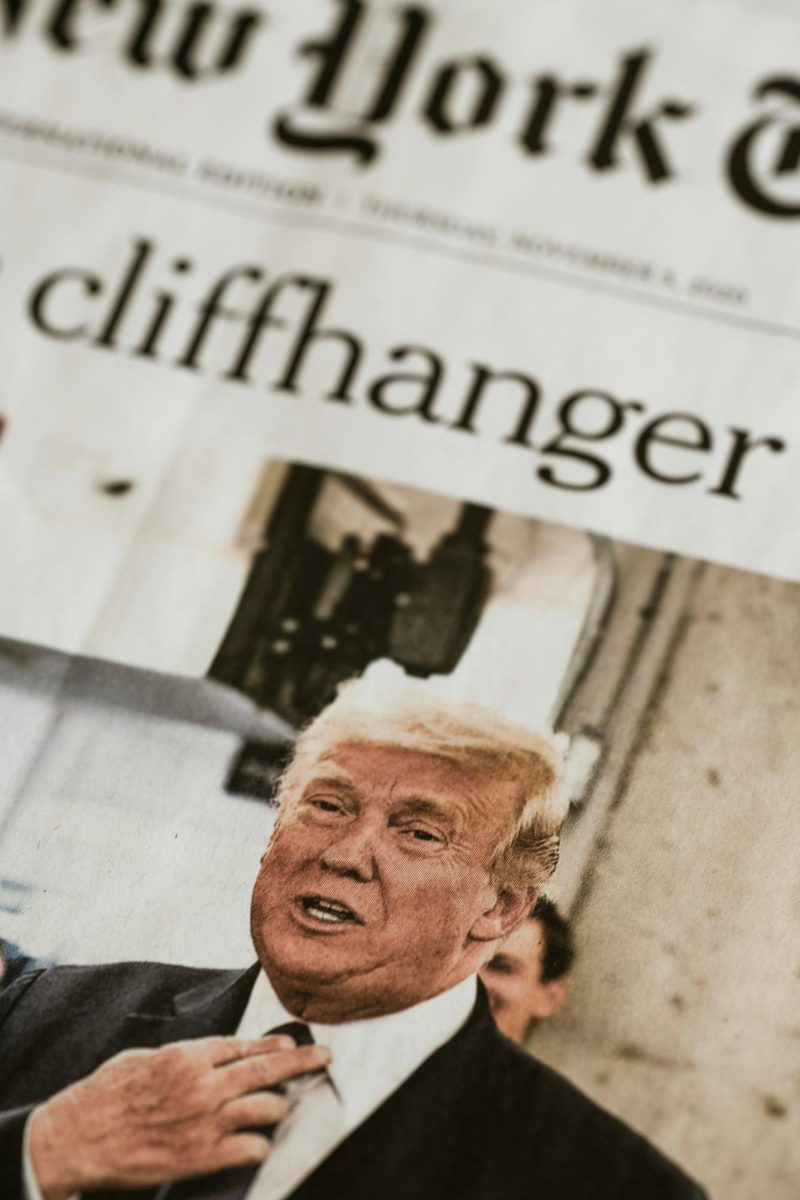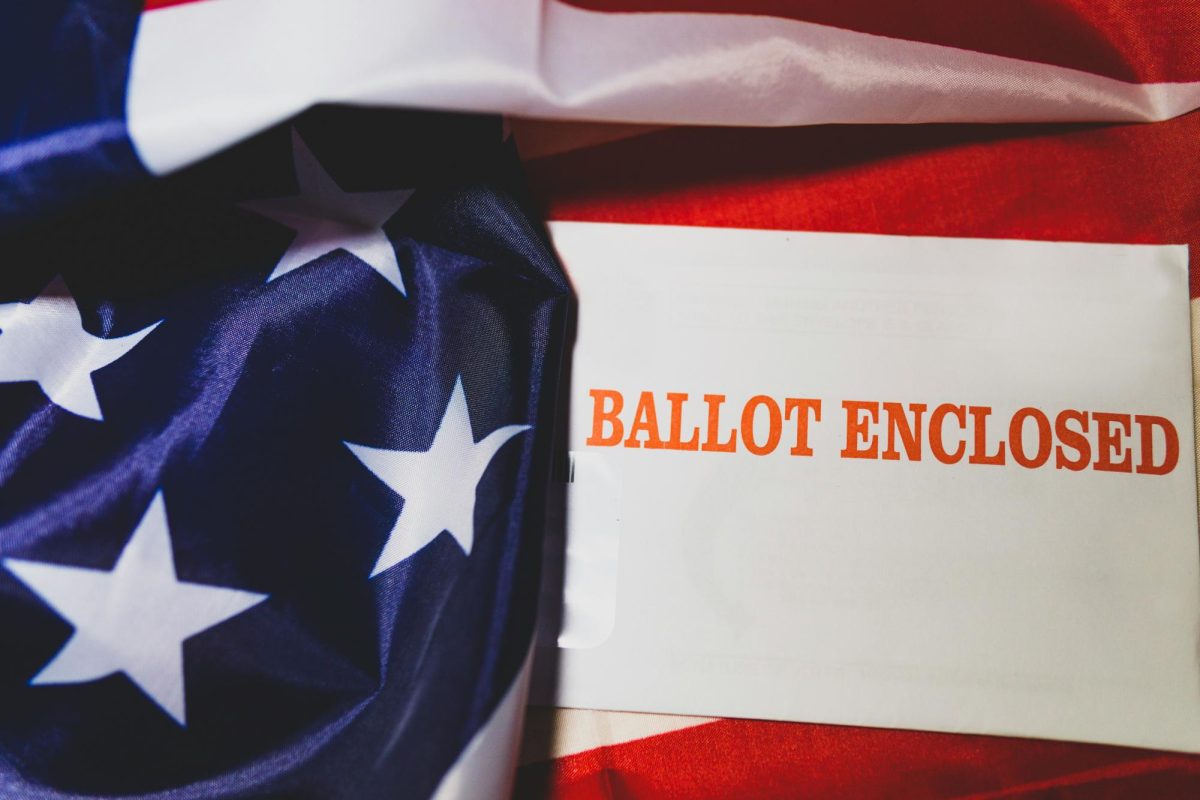By Jennipher Vasquez
A group of Riverside City College faculty took part in a professional development training with San Diego State University faculty in the summer of 2020 to participate in a 10-point plan to address racial injustice and anti-Blackness on college campuses.
The 10-point plan, created in response to George Floyd’s killing, was introduced to RCC by Monique Green, Guided Pathways coordinator.
Gregory Anderson, RCC president, has been overseeing the college’s Call To Action Task Force since last summer. It aims to implement the plan to address racism on campus.
“We recognize that we can do better,” Anderson said. “That society is set up in such a way to help certain groups perform better. It’s set up from a very early age that other groups are not going to be able to perform.”
The plan includes revisiting the history of anti-Blackness, racism in campus culture, strengthening outreach to Black students and numerous other components in an effort to eliminate ongoing discrimination and improve success rates.
“We need to figure out how we can reorient our institution in ways that are going to serve the students that come to us,” Anderson said.
Point 1 of the plan aims to acknowledge the past of racism to create ways for each element of the 10-point plan to be put into action, adjustments in curriculum being a key factor.
Anderson recognized that the history of racial injustice has carried on throughout generations and that the campus is committed to improving teaching methods that cater to furthering the success of all students, not just a selected few.
“We have to examine our curriculum,” Anderson said. “Are we teaching things in a way that nurtures the needs of our students and recognizes our students as fully functioning, fully capacitated, full potential? Or are we doing it in a way that continues to favor a certain group that’s always been successful?”
The plan addresses advancing the separation of student success data to reveal hidden patterns of racial inequalities, in addition to revisions of curriculum.
Data reveals the considerable discrepancy between African American students compared to all other students in terms of retention and enrollment rates, Black student to faculty ratio, Black student achievements and involvement in high impact programs.
Oliver Thompson, criminal justice instructor, has taught at RCC since 1968. He said he has witnessed various forms of disparities within the higher education system throughout his career and hopes the younger generation will continue to address discrimination and generate improvement in areas that have yet to see significant progress.
“At RCC, African Americans have been at the bottom of all data charts for right at 20 years,” Thompson said. “Resilience, success, retention, UC acceptance, etcetera.”
Thompson is hopeful that the plan will broaden the resources available to students.
“I think we have to think in greater terms of accessibility,” he said. “If they don’t have adequate smart devices, let’s see what we can do in that area. If there’s not enough food, if there’s not appropriate housing, whatever the case may be.”
He said constant evaluation of the resources offered is essential to improve the representation of students within those programs while increasing their efficiency, cost wise and effective student utilization.
“Those resources need to be equitably spread across the board,” Thompson said. “We’re dealing with the whole person, not just a part of the student.”
Point 7 of the plan is to establish a Black resource center. The Call To Action Task Force has already implemented The Umoja Project on campus as part of that resolution.
Umoja is a resource center that aims to better serve African American students in all areas, with an emphasis on their cultural and educational experiences.
Sharon Walker, Umoja educational adviser, actively works with students in the program to ensure they all have equal access to resources.
She said students are also often uninformed about what services are available to them and that she works vigorously to improve awareness of resources to the students in the program.
“I work closely with the students, I know their struggles and I know where they need help so I am able to share that with the campus,” Walker said. “The campus is now acting on that, so they’re listening to what we’re saying and they’re also implementing strategies to help remove those barriers.”
Walker acknowledged the significant financial need amongst students due to lack of work and other pandemic hardships, but said Umoja constantly works to ensure those students are being provided with the assistance as needed.
RCC student DJanaee Brooks is one of the many students benefiting from Umoja’s support.
“They’ve helped me a lot with my mental health, supplies if I ever need them, everything that you need help they always have something to give you,” said Brooks. “Each week they’re offering students something to help get through school and any day-to-day problems.”
Brooks said RCC does a great job of providing resources in all areas for African American students, Umoja and the campus’ support of Black Lives Matter being notable examples.
She said her experience on campus has only improved since she began attending RCC and appreciates how welcoming and supportive the campus is to African American students.
“When we’ve dealt with situations as far as police brutality, like the George Floyd incident, RCC has been supportive and gave us the comfort to know that they are there for us,” Brooks said. “They do a good job at showing their concerns for us and we’re not ever turned away at RCC.”
Camille Bruce, another Umoja beneficiary, also voiced her appreciation for the campus’ effort to provide emotional support when incidents of police brutality have occurred.
Bruce said the campus sent emails providing resources for mental and emotional health during those difficult moments and sees that the 10-point plan implementations have only improved the support for Black students.
“They’ve given me a good bit of opportunities, I was given a spot on the president’s panel with President Gregory Anderson and it was nice to be able to talk about many issues,” Bruce said. “Though I was the only African American panelist so I was the one who was able to speak about racial injustices.”
She shared similar views with Umoja educational adviser Walker in seeing the need for student voices to be acknowledged in order to create greater change and further advance opportunities available to African American students.
“The student voice really needs to be heard and we have to look back and correct things that weren’t being done right and be aware of it, and make the change.” Walker said. “At the end of the day we want to do what’s right for our students. And if we say we truly want to do that then we need to really truly listen to the students and their needs.”






